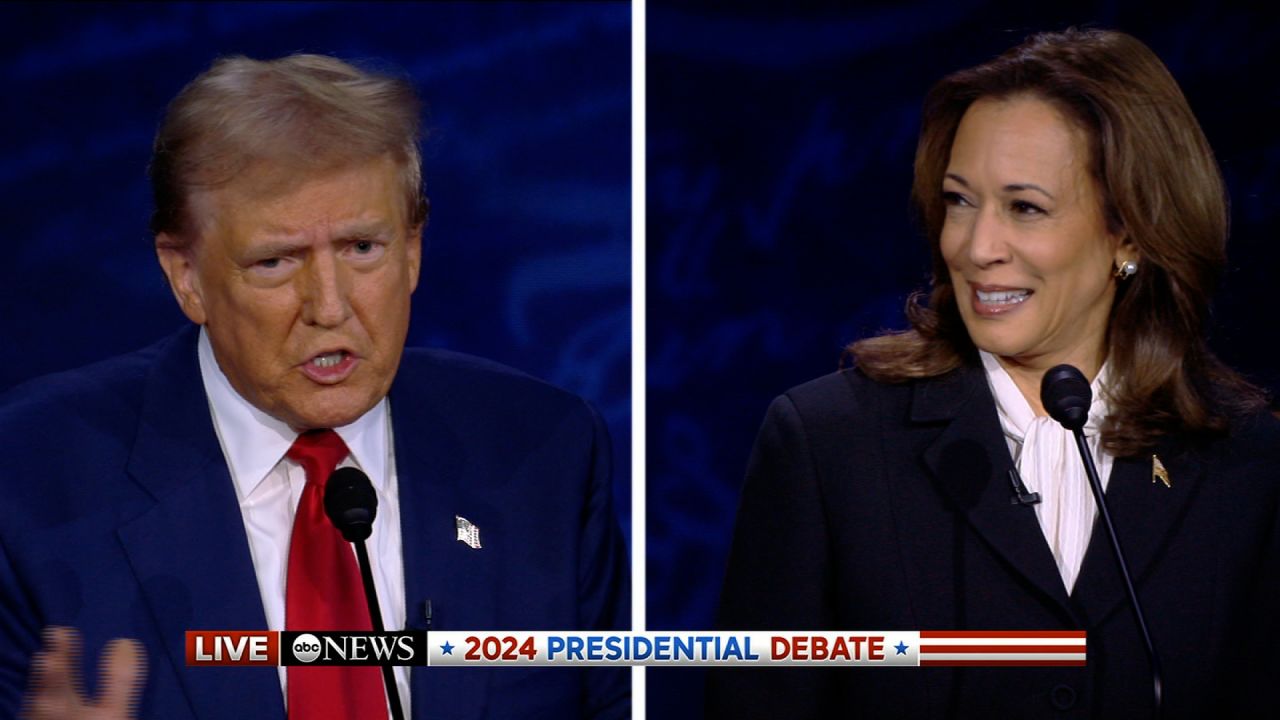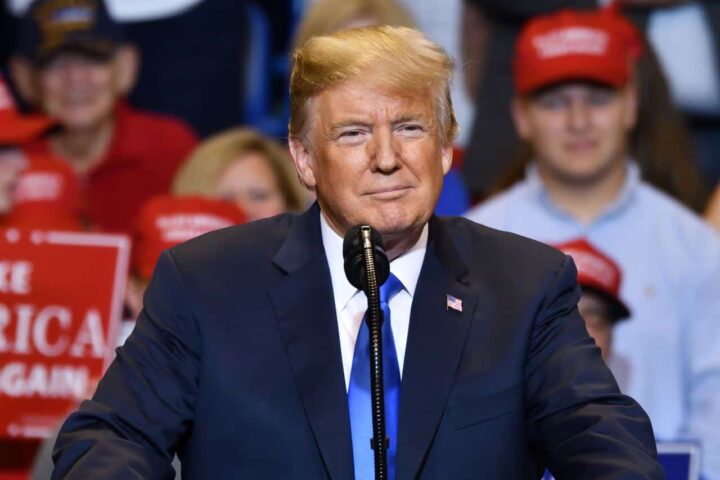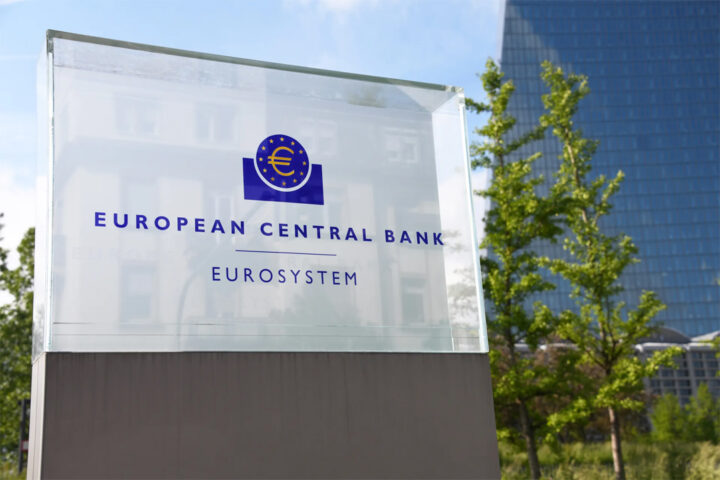Analysis: UBS Global Wealth Management
Democratic nominee Kamala Harris and Republican rival Donald Trump clashed on the US election debate stage in Philadelphia Tuesday night, with sharp exchanges over the economy, immigration, fracking, abortion, and foreign policy.
Neither presidential candidate was particularly substantive on policy, with both sidestepping the moderator’s questions to focus on their opponent’s perceived weaknesses.
Tariffs, tech curbs and China policy also featured in the early minutes of the debate.
Vice President Harris claimed Trump “sold us out” to China by allowing advanced chip sales, and suggested Trump was soft on Chinese President Xi Jinping. Former President Trump hit back by reiterating plans to impose a 100% import tariff on Chinese electric vehicles built in Mexico, in an appeal to the auto production industry in key swing states.
Trade war 2.0 vs tariffs light
We think Trump would press ahead with tough new tariffs, though they may come in below the threatened levels for China (60%) and other trading partners (10%). They may also represent a bargaining chip for negotiations rather than endgame.
China’s consumer electronics sector — including key Apple supply-chain companies — could be hard hit, with 20-30% of production US-bound. The broader China equity market could sell down on tariffs, despite limited direct revenue exposure for listed companies.
India and key Southeast Asian economies, including Indonesia and Malaysia, are among the potential beneficiaries if supply chain diversification again accelerates. Chinese retaliation, in our view, would likely initially be more reactive and non-escalatory.
The Harris campaign has criticised Trump’s tariff plan, but we don’t see a reversal, with Harris supporting Biden-era tariffs and signaling she could use “targeted and strategic tariffs” in the future.
Tech curbs and industrial policy likely to remain intact
Neither presidential candidate has signaled a break with Washington’s “tough on China” consensus.
Given US-China competition over semiconductors and artificial intelligence (AI), we anticipate both industrial policy and export curbs will remain in place.
Broadly, a Harris win would likely be a better outcome for the semiconductor-heavy Taiwanese and South Korean markets.
Beneficiaries from the Inflation Reduction Act, a broad law that included support for green energy and manufacturing, could face pressure if Trump wins. But Trump could face resistance from some House Republications whose districts gained from the law.
An expansion of US-led tech curbs on areas like semi manufacturing could risk a harsher response from Beijing, such as restrictions on rare earth or metals exports, or retaliatory action targeting more economically susceptible US allies like Japan.
Trump dollar rally would be short-lived
A Trump win would probably send the greenback higher in the short term, due in part to safe-haven flows reflecting the higher risk a trade conflict. Still, this would likely be short term and limited against the backdrop of Fed rate cuts and concerns over mounting government debt.
Under a Harris presidency, we anticipate the macro and rate outlook would remain the primary driver for the US dollar, with steady Fed cuts into 2025 contributing to a weaker US dollar. We think one option to hedge election risk is to position for Chinese yuan weakness against the US dollar and the Swiss franc.
So, with the outcome for both the White House and Congress still hard to predict, we think investors with Asia-Pacific exposure should position into November with a balanced portfolio that can withstand some political risk.
Follow more coverage on the US election on our dedicated site at ubs.com/electionwatch .
(Source: UBS Global Wealth Management Chief Investment Office)







